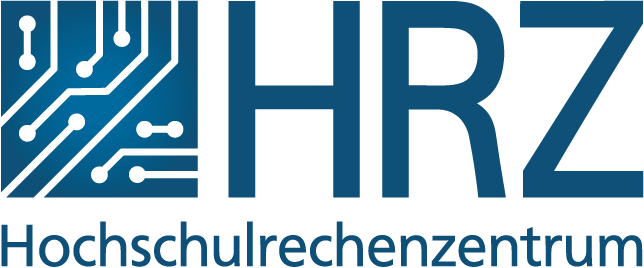Below you will find the ongoing collaborations:
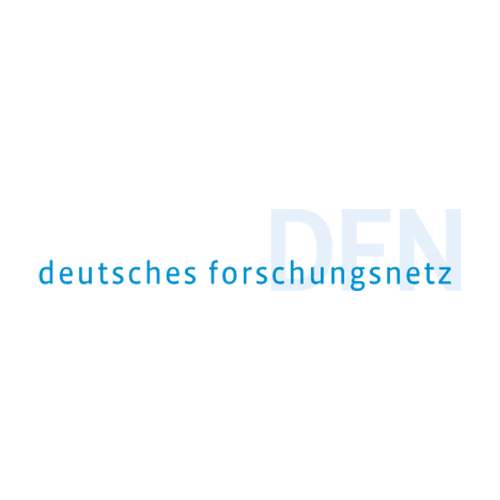
Deutsches Forschungsnetz DFN (German Research Network)
The “Verein zur Förderung eines Deutschen Forschungsnetzes e. V.” (Association for the Promotion of a German Research Network) is the communication network for science and research in Germany organized by the scientific community itself. It connects universities and research institutions with each other and is seamlessly integrated into the European and worldwide group of research and science networks.

e-learning working group
The e-learning working group – consisting of employees of the University Computer Center (HRZ) and the University Didactics Office (HDA) – is the central point of contact for the use of digital media in teaching and learning at the TU Darmstadt.
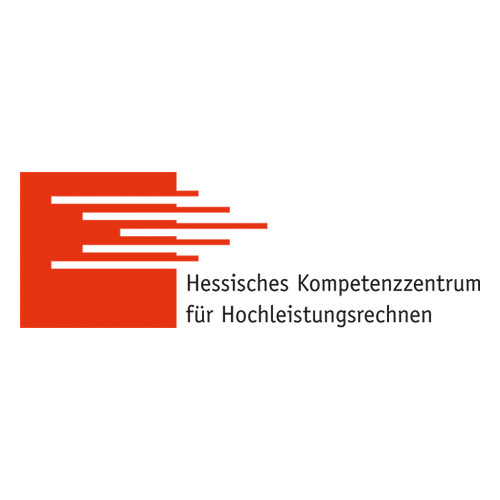
Hessisches Kompetenzzentrum für Hochleistungsrechnen HKHLR (Hessian Competence Center for High Performance Computing)
The role of the HKHLR is to provide training and advisory support to scientists regarding the efficient and sustainable use of modern high-performance computing in Hessen.
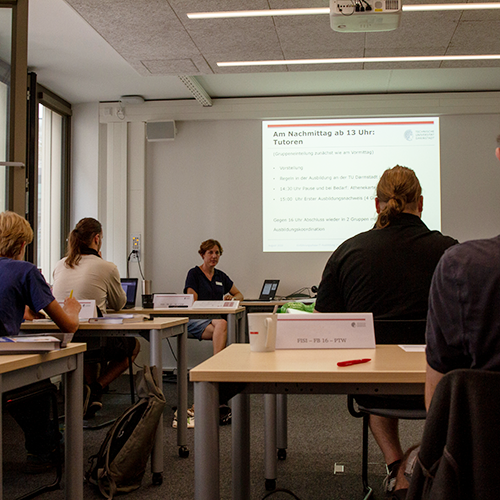
IT apprenticeship
The University Computer Center (HRZ) at TU Darmstadt has been training young people in IT professions since 1997. Since 2001, it has been working together with departments and central institutions of the university as well as with small and medium-sized companies in the region in the form of a training alliance.
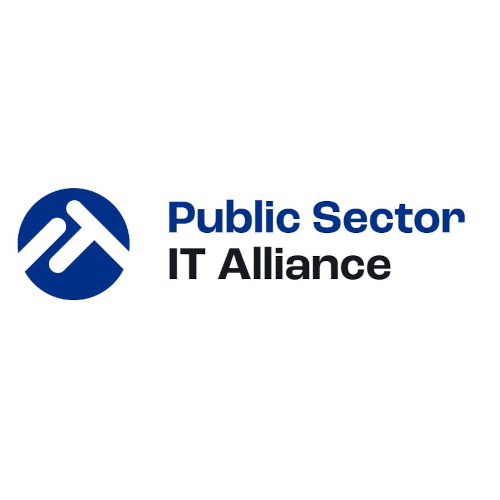
PSITA eG
The cooperation platform “PSITA eG – Public Sector IT Alliance” (former KOP-IT) bundles purchasing needs of its members and conducts joint award procedures for the procurement of IT services. In addition, it offers members participation in IT workshops and opportunities to exchange experiences. This knowledge transfer is characteristic for it as a platform and network in the environment of public legal IT responsibility.
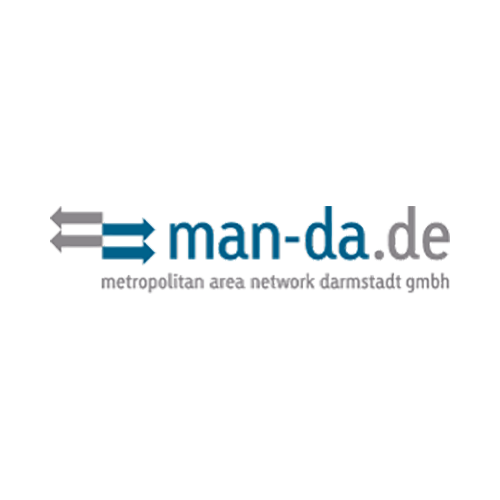
MANDA
The Metropolitan Area Network Darmstadt (MANDA) is the regional high-speed network of scientific institutions in the Darmstadt area. It is operated by its partners in cooperative collaboration under the leadership of the University Computing Centre (HRZ) of TU Darmstadt.
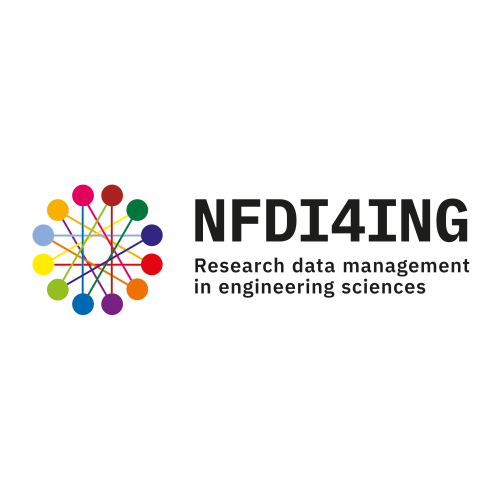
NFDI4ING
The National Research Data Infrastructure for Engineering (NFDI4ING) brings together the engineering communities. The consortium offers a unique method-oriented and user-centered approach to making engineering research data FAIR – findable, accessible, interoperable, and re-usable.
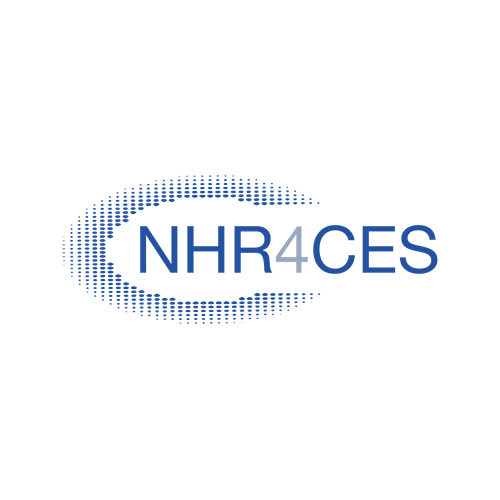
NHR4CES
The German federal and state governments have agreed in the Joint Science Conference (GWK) to support a coordinated alliance of several computing centers for the National High Performance Computing (NHR) that will provide resources and services for high-performance computing for all German universities. In the National High Performance Computing Center for Computational Engineering Sciences (NHR4CES) – which has been part of the alliance since November 2020 – RWTH Aachen University and TU Darmstadt combine their strengths in applications, algorithms and methods of high-performance computing as well as in the efficient use of hardware.
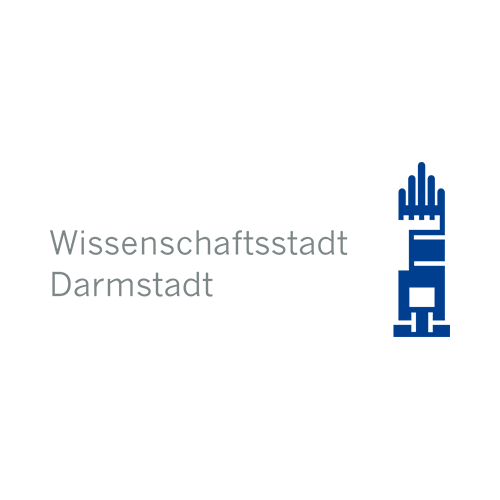
Stadt Darmstadt (the Darmstadt City Council)
The TU Darmstadt operates the “Schulnetz Darmstadt” (Darmstadt school network) on behalf of the city of Darmstadt under a cooperation agreement. The HRZ provides high-performance Internet connections for educational institutions in Darmstadt.
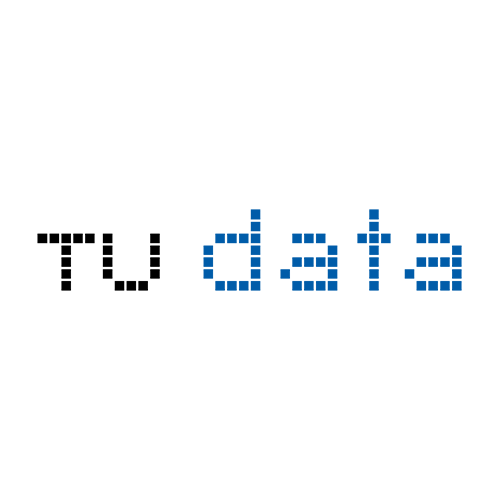
TUdata
The TUdata team, formed in 2018 and consisting of staff from the ULB (University and State Library Darmstadt) and HRZ, supports all members of the university on behalf of the Presidential Board in the securing, archiving, publication and subsequent use of research data.
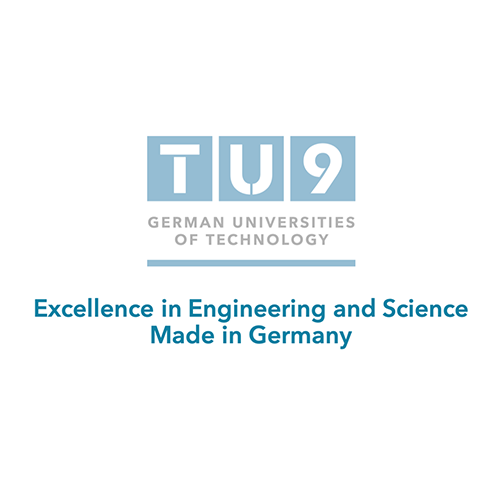
TU9 - German Universities of Technology
TU9 is the alliance of the nine leading technical universities in Germany: RWTH Aachen, Technische Universität Berlin, Technische Universität Braunschweig, Technische Universität Darmstadt, Technische Universität Dresden, Leibniz Universität Hannover, Karlsruhe Institute of Technology, Technische Universität München and Universität Stuttgart. The HRZ on behalf of the TU Darmstadt is in close cooperation with the TU9 on the topic of IT security.
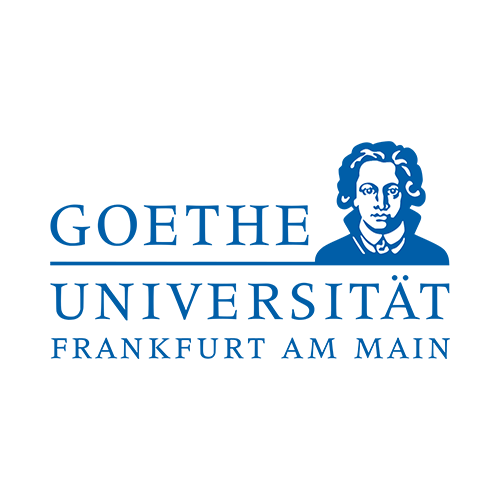
Goethe University Frankfurt am Main
The HRZ offers a professional backup system to secure data stocks. This backup system works in the background and ensures that the data is additionally secured by a second copy after Frankfurt.

University of Kassel
The next.hessenbox was developed as part of the H^3 project, funded by the Hessian Digital Pact. It is operated centrally by the University of Kassel for all universities and colleges in Hesse.
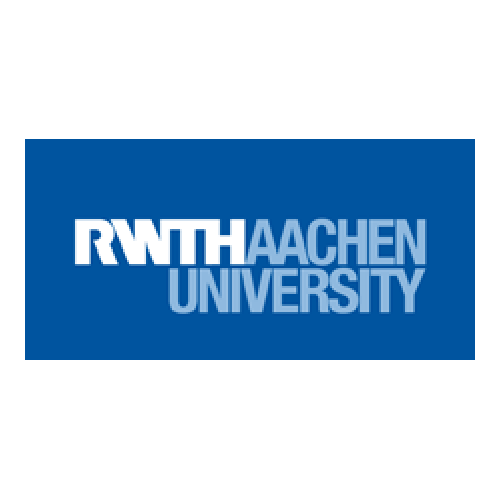
RWTH Aachen
RWTH Aachen University (Rhenish-Westphalian Technical University Aachen) is the system provider for the TU-GitLab service offerings of the University of Darmstadt. GitLab is a web application for version management in software projects based on Git. It offers various management and bug tracking functionalities.
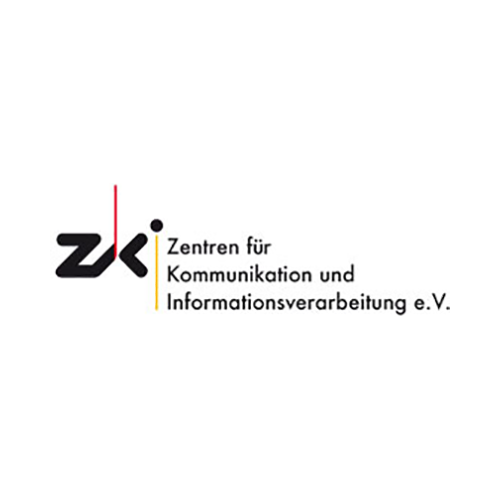
ZKI e.V.
The association “Zentren für Kommunikation und Informationsverarbeitung in Lehre und Forschung e.V.” ZKI e.V. (centres for communication and information processing) is the association of IT service centers of colleges, universities and research institutions in Germany. It supports the exchange of experience among the member institutions and represents the interests of the central infrastructure facilities vis-à-vis other associations, politics and the public.


